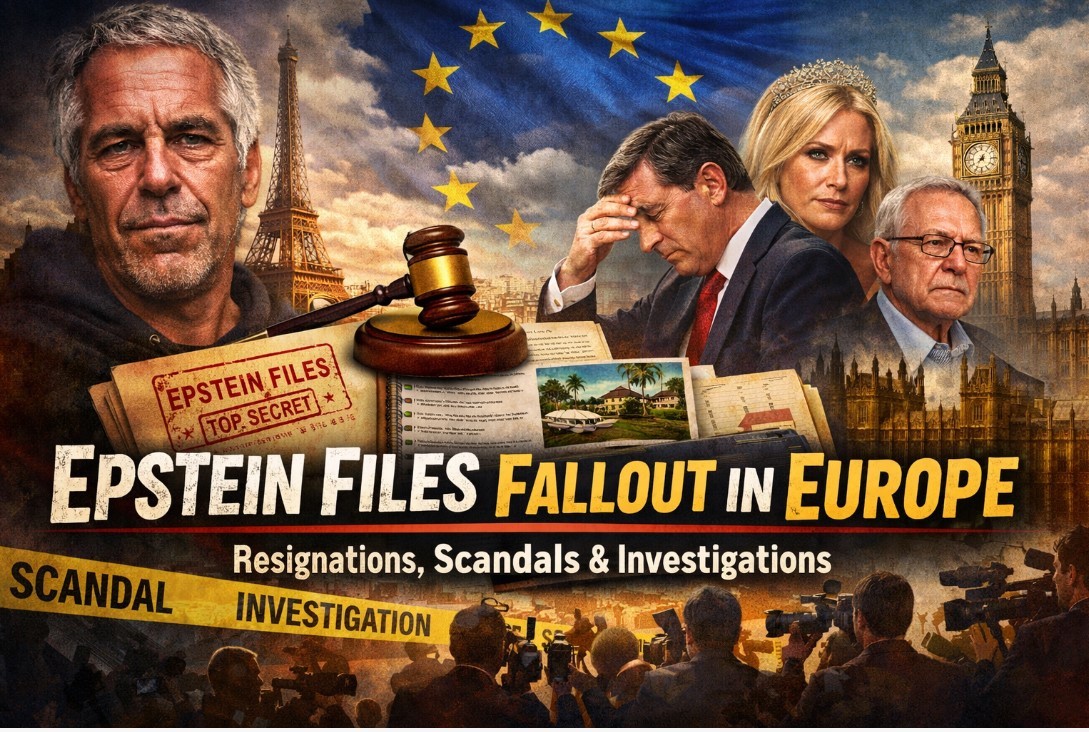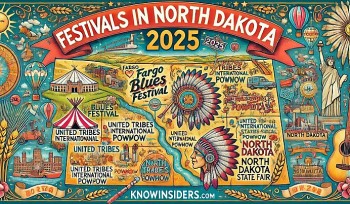Top 20 Best and Great Albums in The World of 2021/2022
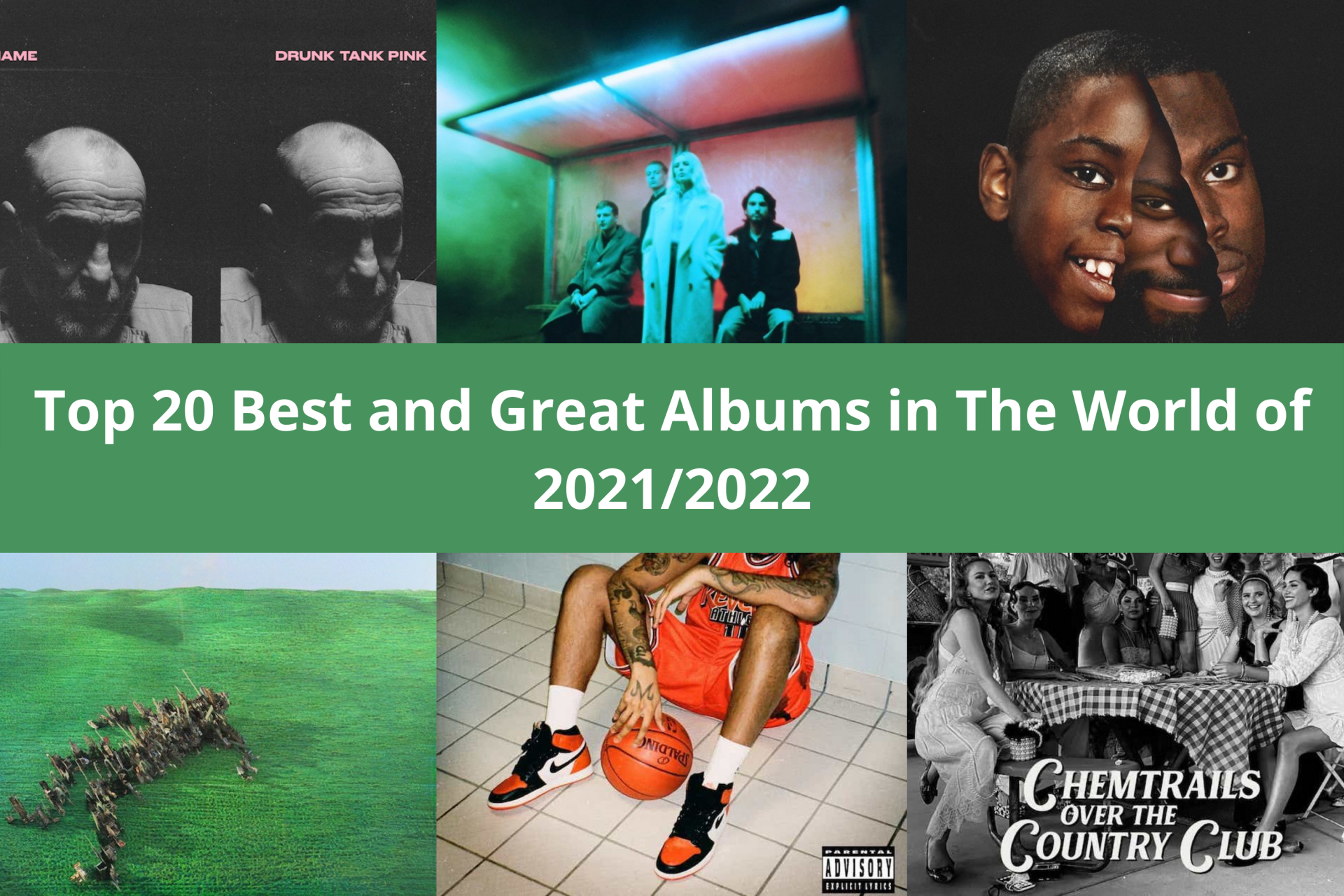 |
| Top 20 Best and Great Albums in The World of 2021/2022 |
The music was certainly made for interesting times. An ascendant class of pop superstars seized the brass ring good and proper this year, while a number of the biggest established names followed up prior blockbusters with challenging sets that generously rewarded fans for meeting them halfway. Meanwhile, the previous year’s lockdown inspired artists to be more collaborative than ever in 2021 — whether they were built entirely remotely over email and voice memos, or recorded all together by a roaring campfire. The real world hasn’t made cultural evolution particularly easy over the past two years, but squint and you can see this decade’s musical identity already starting to take shape.
Songwriters channeled their existential dread into their work, with climate change and COVID looming over urgent and indelible albums from the likes of The Weather Station, Nick Cave & Warren Ellis, and Gojira. Artists like TURNSTILE, The Armed, and Deafheaven reimagined hardcore music as a pop at its punchiest, while Pink Siifu, Remi Wolf, and Genesis Owusu moved as if genre didn’t exist at all. New faces including Dry Cleaning, Arlo Parks, Katy Kirby, and Geese rode their debut albums straight to “ones to watch” status, and veterans like The Mountain Goats, Madlib, and Low made formidable additions to already-herculean catalogs. On this year’s 50 best albums, artists forced by the world’s troubles to look inwards—whether at their unanswered emotional questions or simply into their own imaginations—discovered new corners of their creative universes, and returned to show the rest of us. We’re thankful for each one.
Here are 20 great albums from this year. Enjoy them responsibly, and maybe this time next year we can afford to be less cautiously optimistic.
What are the best and greatest albums in 2021/2022?
1. Jazmine Sullivan: Heaux Tales
2. L’Rain: Fatigue
3. Tyler, the Creator: Call Me If You Get Lost
4. Floating Points / Pharoah Sanders / The London Symphony Orchestra: Promises
5. Low: HEY WHAT
6. Turnstile: Glow On
7. The Weather Station: Ignorance
8. Mdou Moctar: Afrique Victime
9. Playboi Carti: Whole Lotta Red
10. Dry Cleaning: New Long Leg
11. Faye Webster: I Know I’m Funny haha
12. Arooj Aftab: Vulture Prince
13. Tirzah: Colourgrade
14. Japanese Breakfast: Jubilee
15. Snail Mail: Valentine
16. MIKE: Disco!
17. Cassandra Jenkins: An Overview on Phenomenal Nature
18. Grouper: Shade
19. Dean Blunt: Black Metal 2
20. Mach-Hommy: Pray for Haiti
*****
Top 20 Best Albums of 2021/2022
1. Jazmine Sullivan: Heaux Tales
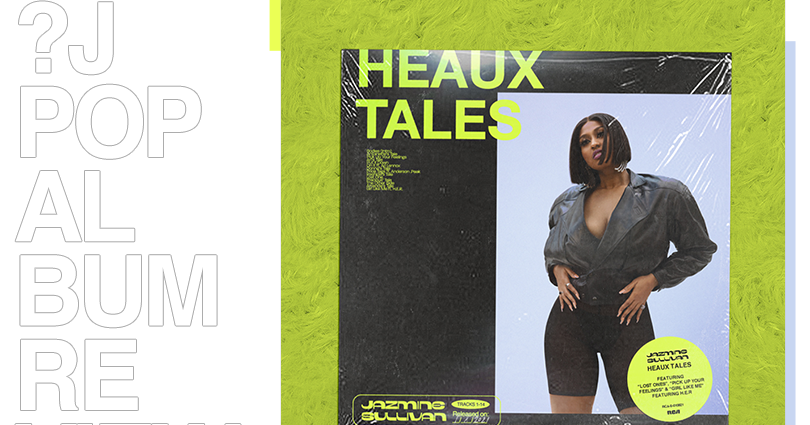 |
| Photo: randomjpop |
The power struggle between reason and desire fuels the Philadelphia songwriter’s fourth release, which intersperses soulful swagger and forlorn blues with interludes by women describing what they mean by owning their sexuality. Sullivan’s compassion resonates in how freely her interviewees express what some might see as contradictions (threatened with a sex tape leak, the subject of Ari’s Tale shrugs, “That dick spoke life into me”). And her own songs could be righteous – Pick Up Your Feelings snaps impatiently, and she makes no bones about her own pleasure on the languid On It – but they’re also transparent about the ways that freedom and dignity don’t always look how you might expect. “I just want to be taken care of / ’Cause I’ve worked enough,” she sings on The Other Side. LS
2. L’Rain: Fatigue
On Fatigue, the second album from Brooklyn singer and multi-instrumentalist Taja Cheek (aka L’Rain), the artist presents lush, textural music that encourages deep, emotional change. Each song has its own sonic universe, the sprawling compositions are matched with introspective lyrics that guide the listener towards individual catharsis. Songs like “Two-Face” experiment with dark themes and conversational misunderstandings atop an extremely lively, jazzy-sounding beat, while “Suck Teeth,” a song meant to evoke “a very Black sound of disapproval, annoyance, and disappointment,” is groovy and unsettling. Several short interludes scattered throughout the album offer glimpses into its creator’s mind, pulling the listener deeper into Cheek’s creative vision. Fatigue, with its ever-shifting soundscapes, illuminates the magical aspects of change, and how it can shape us into the best versions of ourselves.
3. Tyler, the Creator: Call Me If You Get Lost
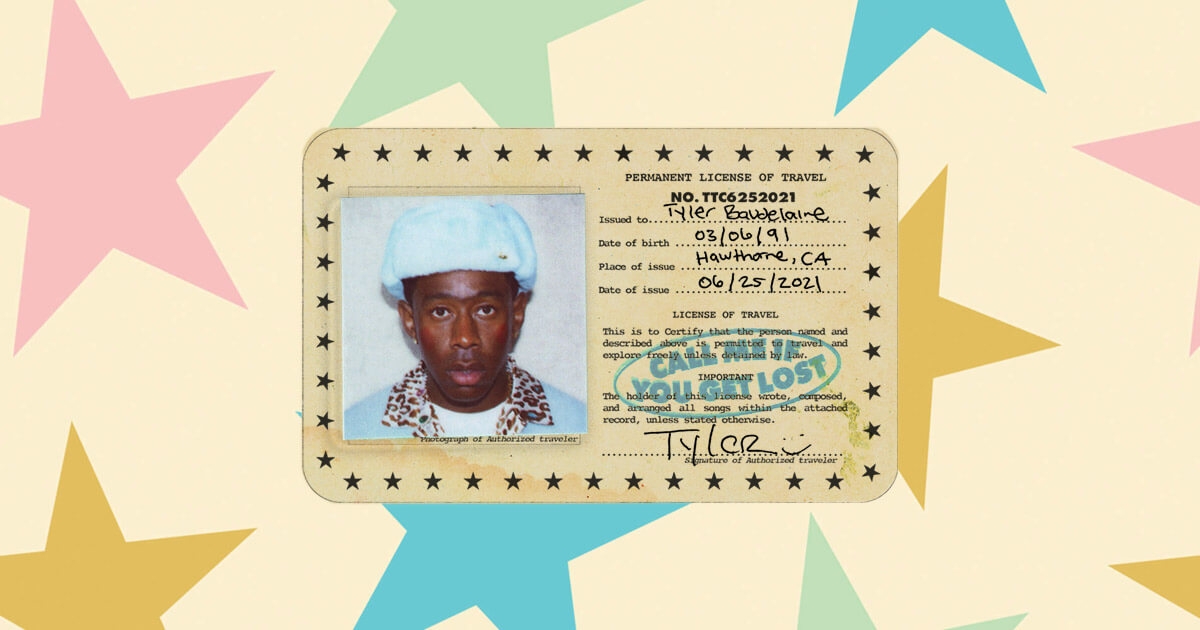 |
| Photo: callmeifyougetlost |
Call Me If You Get Lost doesn’t strike the same emotional resonances as Tyler, the Creator’s last two LPs, but it isn’t meant to. When that piano and brass section pulsates behind Tyler on “RUNITUP,” you might think of the lingering horror orchestras that engulfed Wolf. Or when his vocal delivery on “LEMONHEAD” rushes and thrashes, you’re transported back to listening to a kid figuring himself out on Goblin. That’s the crowning achievement of this record—the way it sharply reminds every listener that the early entries in an artist’s discography are not parts of their past meant to be forgotten. For Tyler, the recklessness of his 20s did not leave him among the ruins of early-2010s hip-hop, but rather has helped make him a 30-year-old with multi-million-dollar confidence and a Rolls Royce collection to flaunt—in an industry praying just to catch up.
4. Floating Points / Pharoah Sanders / The London Symphony Orchestra: Promises
This unlikely pairing of British electronic wiz Sam Shepherd, aka Floating Points, and free-jazz saxophone titan Pharoah Sanders is among the most revelatory match-ups in recent memory. On their long-simmering album Promises, which also features the cinematic swells of the London Symphony Orchestra, the musicians’ collaborative energy proves as remarkably potent as it is improbable. Unfurling in one continuous, wordless composition split into nine movements, Promises sound like a leap of creative faith, a cosmic communion that reaches across generations, genres, and musical barriers to build something beautiful.
When played without interruption and afforded the patience (and quality speakers) it demands, Promises is the kind of album that can rearrange the molecules in a room. It can imbue your drab apartment with a vast, cinematic weight. It can kill a party (this is admittedly speculative) in the best possible way. It can fill up the space while you wash dishes, put away laundry or water plants, infusing any mind-numbing household activity with a mist of supernatural yearning. Sanders, a “spiritual jazz” pioneer, is not a stranger to this transcendent approach to experimental jazz, but it’s a pleasure to hear him still pushing himself forward, still seeking the unknown, more than half a century removed from Karma. There’s a timeless quality to Promises, an inscrutable sense that the album could hail from 30 years in the past or 30 years into the future. Of course, that’s what makes it a genuine intergenerational collaboration, this sense of time collapsing upon itself. It’s in the empty space between these two vastly different generations, eras, and creative disciplines that something remarkable unfolds
5. Low: HEY WHAT
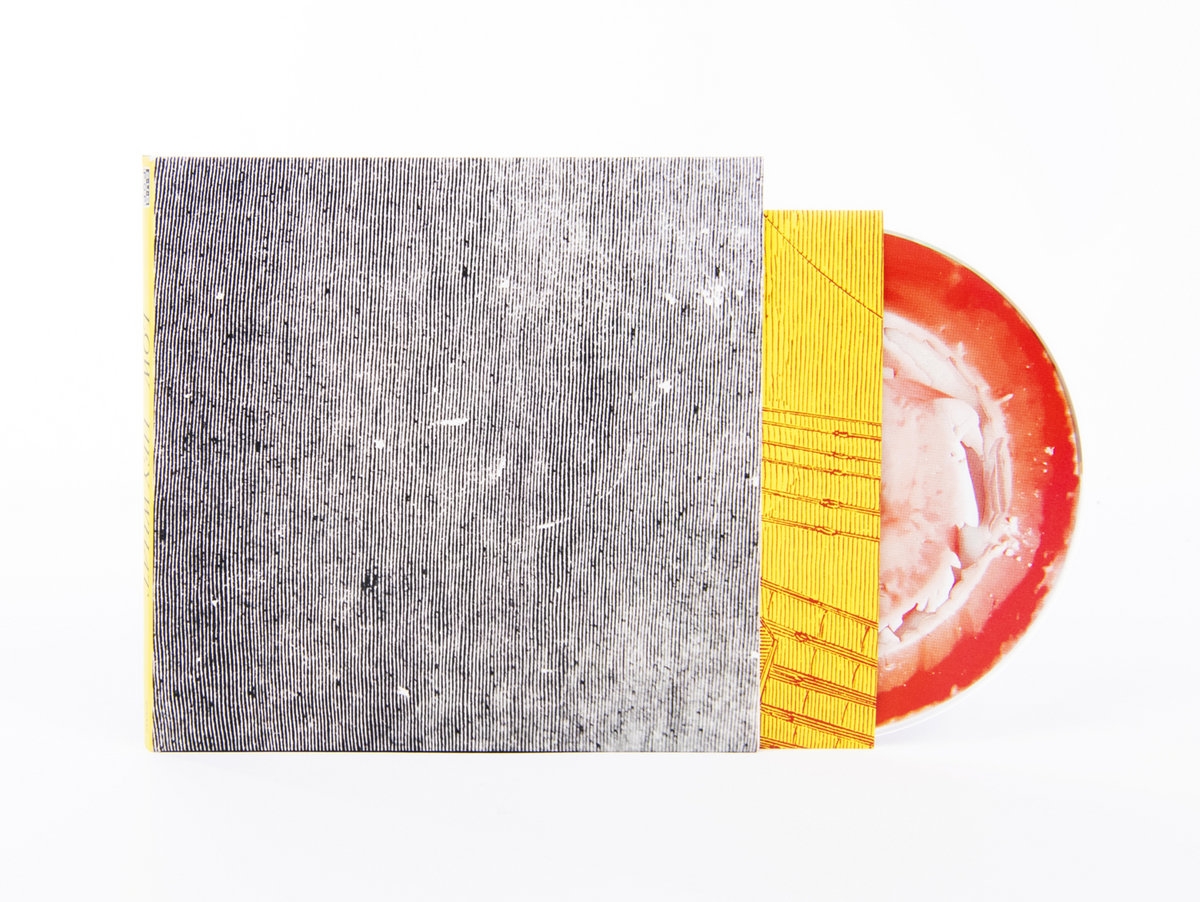 |
| Photo: lowtheband.bandcamp |
After what sounds like a mechanical bull backfiring inside a hall of mirrors, Alan Sparhawk and Mimi Parker light the whole cow on fire and let it explode. On “White Horses,” the opener of Low’s 13th album HEY WHAT, Sparhawk’s voice and guitars are among the loudest and clearest they’ve been across 13 albums spanning nearly three decades, with Parker’s harmonies not far behind in heft and lucidity. If the ever-mercurial married duo (HEY WHAT is technically the first album Low created as a duo—Steve Garrington, their fourth bassist, departed last year) have long sounded listless and adrift amid myriad moments of personal and political uncertainty, HEY WHAT reimagines Low as a vehicle for powerhouse vocals, high-Richter-scale distortion, and blink-and-you’ll-miss-it percussion. The duo’s recent fascination with 21st-century disconnection continues, but the bombast is louder and the tranquility is quieter, and in focusing on lucid melodies and unobscured fidelity, they’ve created their most visceral work yet.
6. Turnstile: Glow On
Boundlessly experimental hardcore brilliance from one of the world’s most in-form bands
Don’t be lulled into a false sense of security by the rippling synth loop that opens ‘Glow On’ – you’re going to want to be on high alert for the thrill-a-minute journey that lies ahead. The Baltimore quintet’s exhilarating fourth album dragged you kicking and screaming into the mosh pit (‘Blackout’, ‘Don’t Play’, ‘Holiday’), before it transported you to strange-but-serene new heights (‘Underwater Boi’, ‘Alien Love Call’, ‘No Surprise’) and then stage-dived back down to Earth to rejoin the band’s thunderous party (‘T.L.C.’, ‘Wild Wrld’, ‘Dance-Off’), all in the space of 35 utterly mesmeric minutes. “And it’s been so long…” Turnstile frontman Brendan Yates noted on colossal opener ‘Mystery’ – some of us have been waiting a lifetime for a record as genuinely flawless as ‘Glow On’.
7. The Weather Station: Ignorance
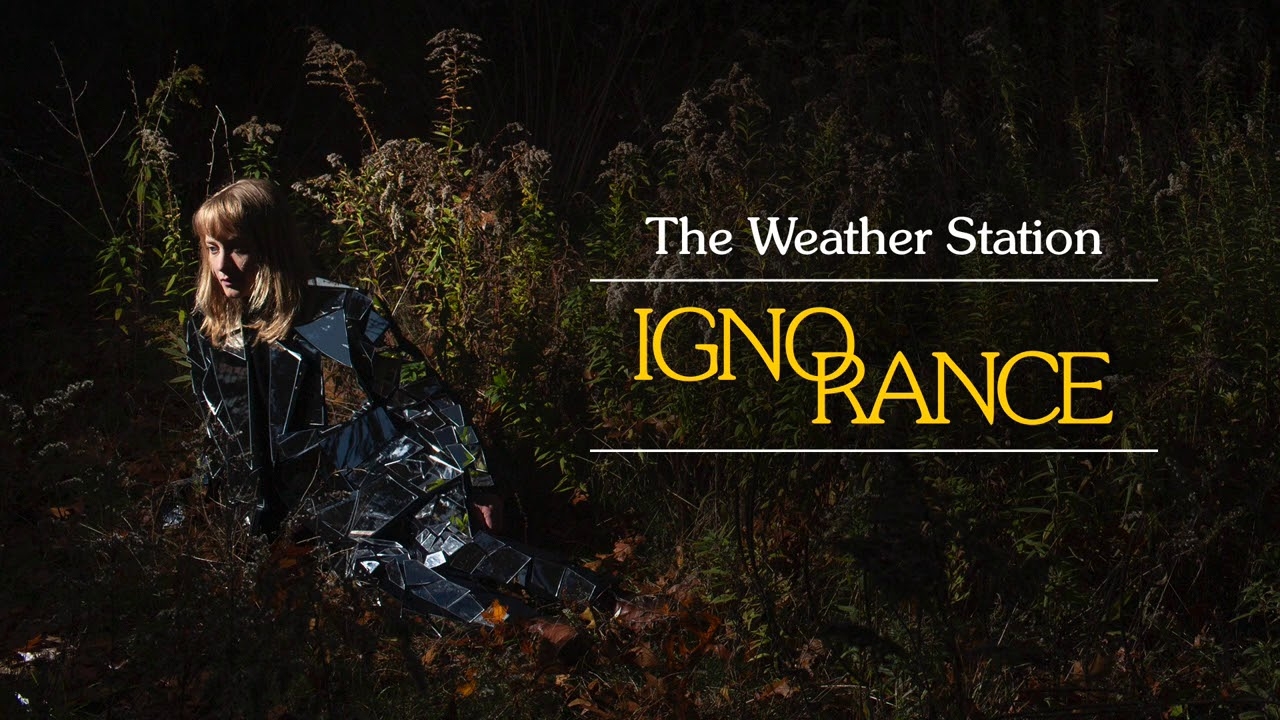 |
| Photo: Youtube |
A Canadian singer-songwriter with an aura of purposeful solitude, a gift for drawing insight and revelation from minute observations of relationships and environments, and an ear for melodies that dip, wind, and double back like trains of thought. After a few great albums, most of them sparse and muted, she assembles a band that can channel the exuberance of her era’s pop rhythms and twist them toward her own idiosyncratic ends. Far from dampening the music’s acuity and expressiveness, making them softly palatable, these new grooves accompany some of the sharpest songs of her career. Weather Station bandleader Tamara Lindeman might be tired of hearing Joni Mitchell comparisons at this point, but the resemblance is uncanny: Ignorance is something like her Court and Spark.
Not that it sounds much like Mitchell’s 1974 masterpiece. Where that album is warm and jazzy, Ignorance is single-mindedly propulsive, befitting songs concerned with the shrinking possibility of love on a planet hurtling toward collapse. Multiple percussionists provide an unflagging beat; strings, woodwinds, and electronic keyboards float above these girders like an iridescent sunset after a wildfire. Lindeman’s inimitable voice wanders the spaces between, taking in trees choked by buildings, birds alighting on rooftops, a world that hangs over her with the indifference of a secondhand jacket. Perhaps the comparison has more to do with the space Court and Spark opened in Joni’s canon, making room for the run of wonderful and profoundly strange albums that came next. After this, it seems, Tamara Lindeman can do anything. –Andy Cush
8. Mdou Moctar: Afrique Victime
In Mdou Moctar’s world, riff and rhythm count but the solo is king. His grounding in the nomadic Tuareg style of assouf (desert blues) made him a popular option on Niger’s wedding circuit, but the guitarist breaks from convention by always doggedly following his fingertips to someplace new. A decade’s worth of refinement has led to Afrique Victime, which streamlines the hooky onslaught of Moctar’s 2019 breakout LP, Ilana: The Creator, into something more well-rounded. Bassist and producer Mikey Coltun’s sequencing affords breathers between levee-breakers, giving necessary hush to introspective ballads Bismilahi Atagah and Tala Tannam while allowing the molten psychedelia of Taliat and Asdikte Akal to sprawl. True to the music’s Saharan origins, there’s ample space here. Sometimes Mdou’s voice is barely above a whisper before the band joins him in skyward invocations.
9. Playboi Carti: Whole Lotta Red
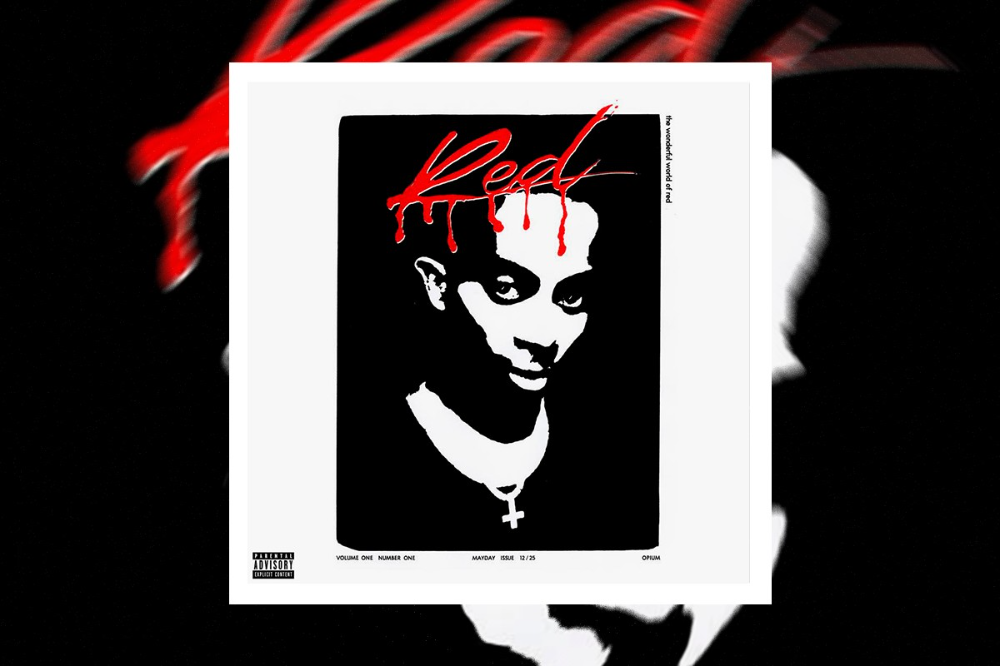 |
| Photo: pinterest |
The long-delayed album from Playboi Carti resists simple chronology. It arrived on Christmas of 2020 but was a thoroughly 2021 record. Carti stakes ground in the current generation’s sonic sensibility, for one of the most forward-thinking rap records since Kanye West’s Yeezus. Carti shares West’s penchant for boisterous, larger-than-life ideas, but on Whole Lotta Red, he infuses the inclination with something harder to describe. On cuts like “Control,” Carti is able to deliver, in the most subtle contours of his voice, a world of emotional range. It’s not unlike Young Thug, another Atlanta rap iconoclast, who can hymn an elaborate narrative devoid of any actual words. Carti has the freewheeling sappiness of the best alternative rock songs of the aughts, and his album’s fingerprints are all over everything we heard in 2021.
10. Dry Cleaning: New Long Leg
British quartet Dry Cleaning extract the profound from the mundane and the meaningful from the nonsensical. On “Viking Hair” from the band’s 2019 EP Boundary Road Snacks and Drinks, frontperson Florence Shaw’s everyday sexual fantasies stood in for the arbitrary guidelines determining acceptable and shameful desires; as she surreally rattled off “traditional fish bar, chicken and ribs, bus pass” and more on “Traditional Fish” from the band’s other 2019 EP, Sweet Princess, she scorned the very idea of commerce. And she did it all in a bone-dry, comical sing-speak set to rollicking, if not straightforward, post-punk courtesy of guitarist Tom Dowse, bassist Lewis Maynard, and drummer Nick Buxton. New Long Leg, Dry Cleaning’s debut album (and first release for 4AD), is all of that and none of that. Shaw’s semi-accidental revelations about the ridiculousness of being alive when we live in a society are sharper than ever, and her voice newly takes the tone of a psychic waking up from a 70-year nap. Dowse, Maynard, and Buxton have massively upped their game, too: The EPs’ post-punk foundation remains, but atop it come stomping glam riffs, dream-pop arpeggios, and razor-sharp melodies that loosen Dry Cleaning’s prior tension without entirely taming the mania.
11. Faye Webster: I Know I’m Funny haha
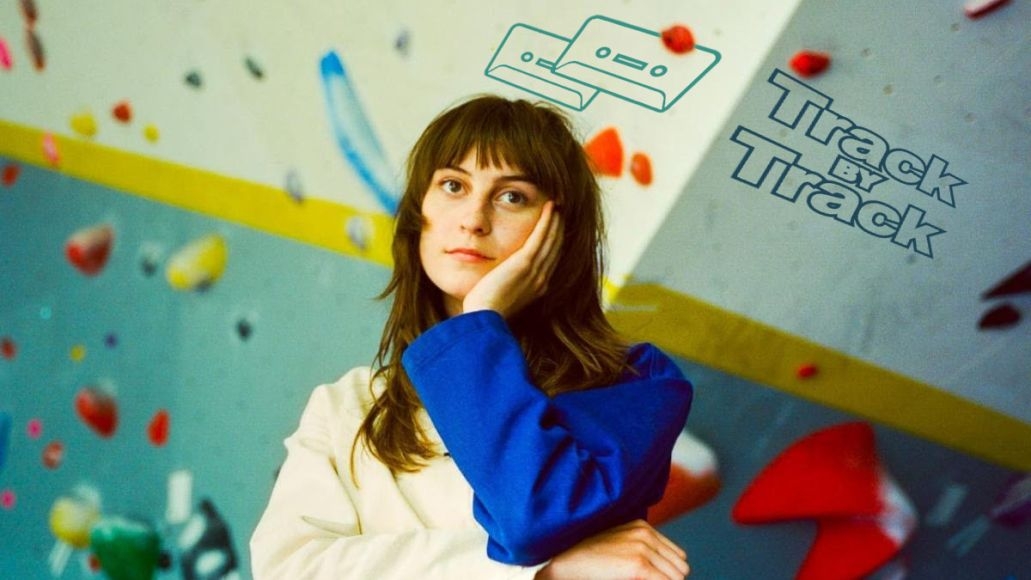 |
| Photo: consequence |
Faye Webster strikes an unusual balance to keep her fourth album in motion: self-effacing and lovesick, but also knowing and a little cocky. Nothing much happens in these songs because nothing much needs to; Webster’s internal monologue is winsome and cutting enough to keep people occupied, and she knows it. “I like your songs even though they’re not about me,” she tells a love interest. When they’re together, she apologizes for being the first one to nod off, and when she’s by herself, she sleeps with the lights on to feel less alone. If she has to be sad, she’s going to be in on the joke.
12. Arooj Aftab: Vulture Prince
A Lahore, Pakistan-born graduate of Boston’s Berklee College of Music now based in Brooklyn, composer, singer, and songwriter Arooj Aftab’s latest album Vulture Prince follows her 2018 collection Siren Islands, but is in direct conversation with her 2015 debut, Bird Under Water. Vulture Prince opens with “Baghon Main,” a new reimagining of her debut’s fourth track that replaces the original’s subdued harmonium with bright, beautiful strings as if assuming a newly accepting outlook on a painful past. This act of looking back on days gone by is central to Vulture Prince, which is dedicated to the memory of Aftab’s younger brother Maher, whom she lost while writing it. Among Aftab’s most compelling explorations of the liminal space between love and loss is “Mohabbat,” which finds her breathing new life into a decades-old example of an ancient poetic form, the ghazal. With Vulture Prince, Aftab not only connects her songwriting to time-honored artistic traditions but also makes music with the bittersweet beauty to echo through the years in and of itself.
13. Tirzah: Colourgrade
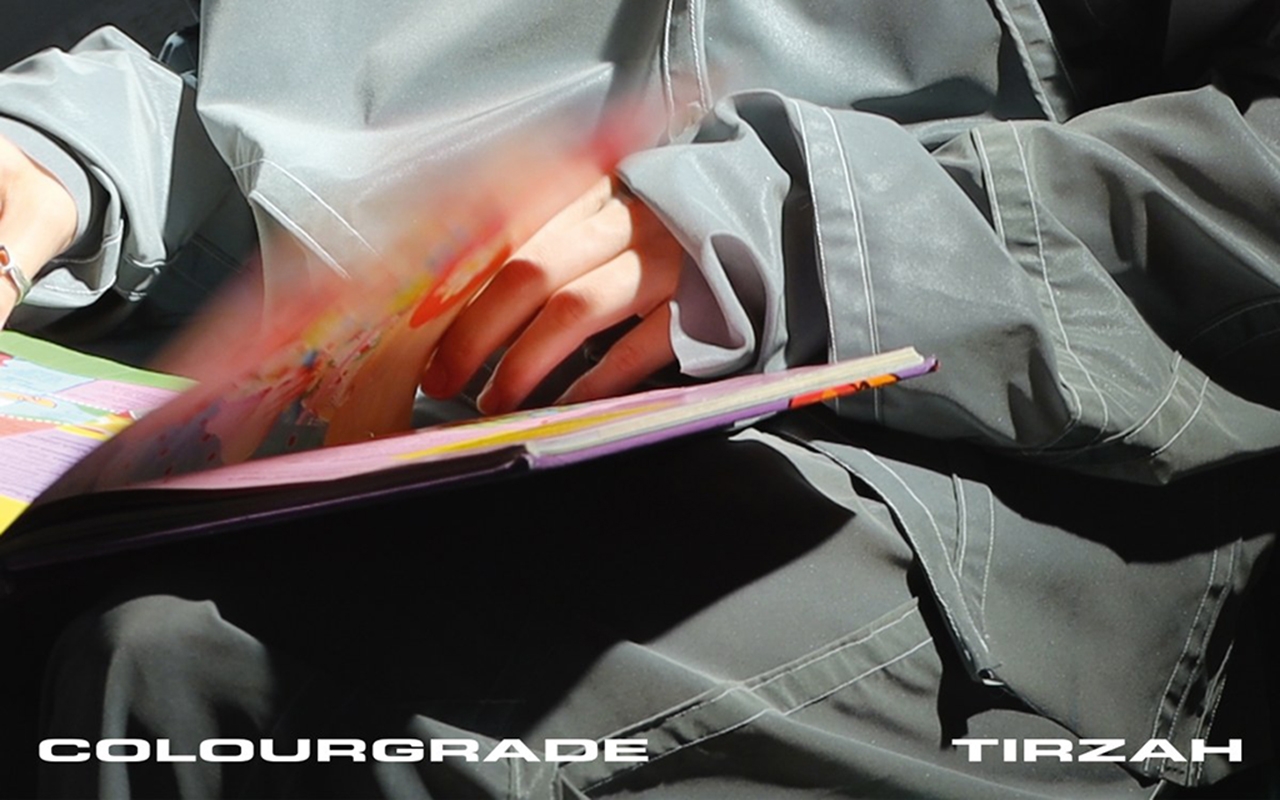 |
| Photo: newuniversity |
Tirzah Mastin’s 2018 debut, Devotion, was a soft, strange, secret den, built from the bones of club music and R&B, co-written with the film composer and DIY noise-pop maverick Mica Levi. For the Essex songwriter’s second album, she keeps it close, working with Levi and vocalist Coby Sey, who also featured on Devotion. On Hive Mind, she and Sey trade intimacies over a spidery arpeggio, shuddering bass synth and minimal handclap, unruffled by the muffled, barked shouts that intermittently pierce their reverie, threatening its integrity.
Colourgrade is less structured even than the ramshackle Devotion, its beats erratic and organic, seemingly ready to fall out of time or apart altogether at a touch, Tirzah and Sey’s naked vocals dropping almost all artifice. They’re barely even singing, not really rapping on the likes of Tectonic, a moody, hypnotic track that’s like an eroded afterimage of Blue Lines-era Massive Attack, Tirzah’s sleepily playful delivery recalling her former collaborator Tricky.
14. Japanese Breakfast: Jubilee
“How’s it feel to stand at the height of your powers…projecting your visions to strangers who feel it, who listen, who linger on every word?” Michelle Zauner asks herself on her third album’s exhilarating opener, before answering, “Oh, it’s a rush.” Jubilee sounds like she feels. By the end of track two, the lyrically direct and disco-friendly “Be Sweet,” it’s clear Zauner has moved on from her lo-fi beginnings to an enthralling new phase of artistic maturity. Even in the album’s melancholy moments, Jubilee is lush with strings, horns, and irresistible ‘80s synth sounds that counter the desire and longing found in her lyrics, more candid than ever about lust, love and commitment. She gets points, too, for closing the album with a near three-minute guitar solo — a flex befitting an artist exploring the height of her powers.
15. Snail Mail: Valentine
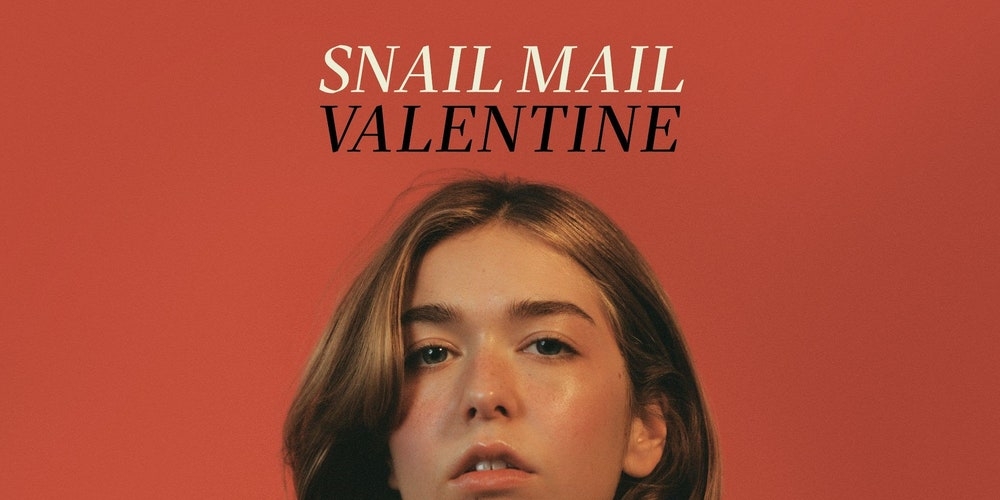 |
| Photo: pitchfork |
Following up the heartbreak anthems on her 2018 debut ‘Lush’ would have been an unenviable task for Lindsey Jordan – AKA Snail Mail – but she pulled it off with elegance and ease on ‘Valentine’, growing out her sound through perfectly executed ballads and captivating melodrama. If you ever need a companion to help you navigate all the heartache that life can throw up, Jordan should be the top pick.
Moments into her second album, Valentine, Lindsey Jordan delivers the coolly disaffected lines of “Ben Franklin,” her voice curling in over a see-sawing bassline and a few surprises, tinseled synths. The song is somewhat of a departure from the spiky indie rock on Lush, the earnest collection of bruised, openhearted elegies she released in 2018 when she was just a teenager. But “Ben Franklin” is indicative of the confidence on Valentine, which follows a three-year period during which Jordan spent time in rehab, grappled with fame, and eventually found catharsis through her music. It’s a fuller, clearer, and more forceful LP, though her writing remains as unnervingly mature and crushingly vulnerable as ever.
16. MIKE: Disco!
The arc of NYC indie-rap hero MIKE’s journey over the last couple of years has seen him steadily trudging toward salvation, working with local peers including KeiyaA and Navy Blue. Together, they helped him piece together fuzzy snapshots of loss, gently burying the past beneath shattered loops. On Disco!, which MIKE produced on his own under his DJ black power alias, he finally finds the slivers of light he’s been searching for in the reflection of luminous samples that bathe his self-affirming bars with a heavenly shimmer. He may have taken the long road to recovery, but here he gives himself permission to crack a smile again.
17. Cassandra Jenkins: An Overview on Phenomenal Nature
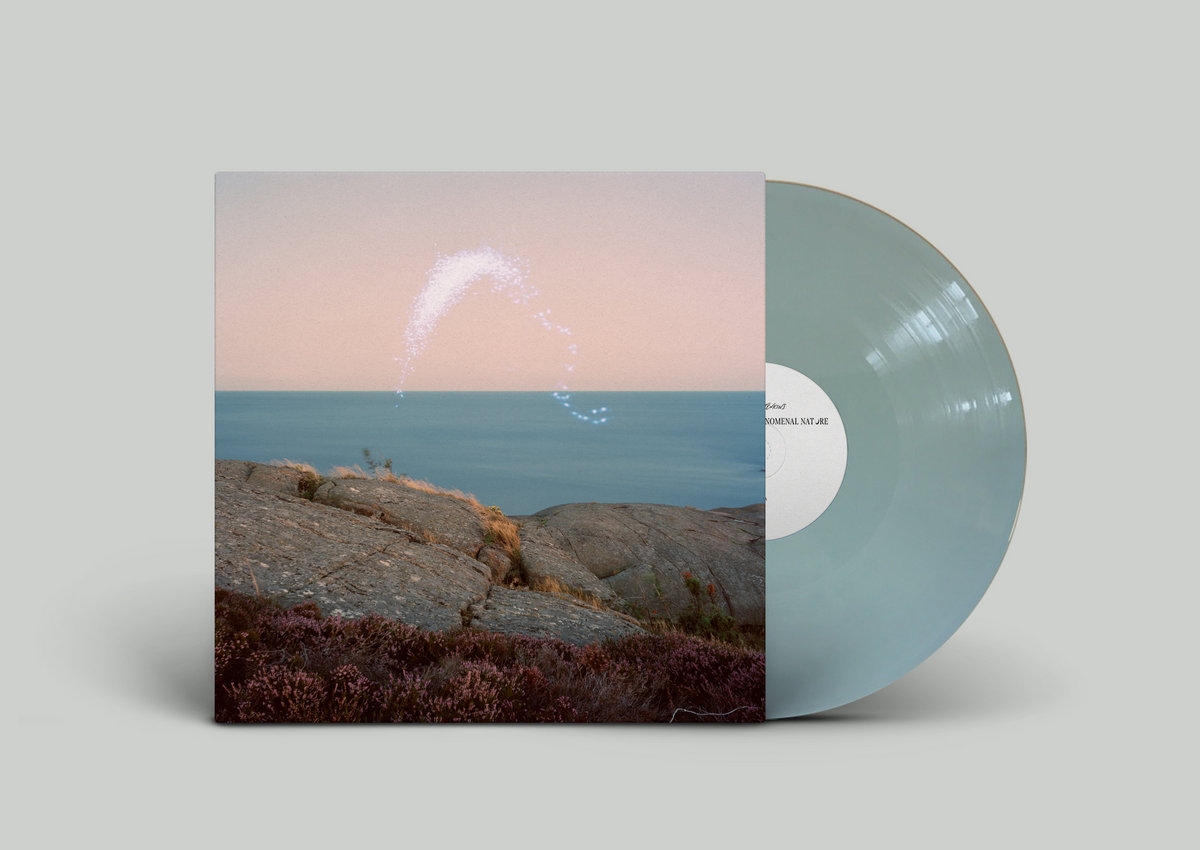 |
| Photo: badabingrecords |
The second album from New York City-based songwriter Cassandra Jenkins revolves around the notion that “Nothing ever really disappears, it just changes shape,” as the artist herself opines. These seven ambient folk songs find Jenkins tracing the very universe’s through lines, considering the energy that animates our everyday lives and where it goes after we’ve moved on. “You’re gone, you’re everywhere,” she sings on “Ambiguous Norway,” a farewell to the late David Berman, who died in August 2019, just before Jenkins had been set to tour with him as part of his Purple Mountains project. Like human beings, An Overview on Phenomenal Nature overflows with nuance and an unknowable wonder, its instrumental alchemy blending restrained keys with jazzy horns and Jenkins’ sing-spoken hypnotism—nowhere as bewitchingly as on album centerpiece “Hard Drive.” On ambient closer “The Ramble,” the album finally transcends language entirely, setting chirping birds alongside the music, humankind and (phenomenal) nature made one.
18. Grouper: Shade
Grouper’s Liz Harris pulls you in close on Shade. Her new songs are characteristically intimate, offering quiet truths and rapturous noise that require close focus. The individual components feel familiar—the hushed vocals, tape hiss, and sound of fingertips sliding up guitar strings—but Harris’ fingerpicked melodies and gutting poetry manages to explore new depths of her bottomless sound. Lean in enough and you’ll hear her ponder the light and the clouds, contending with the gravitational pull of darkness: “Bury those thoughts real deep/Bury those bodies deep/Put us back to sleep.” It’s a crushing flash of insight delivered like a whispered secret.
19. Dean Blunt: Black Metal 2
 |
| Photo: pitchfork |
The latest cryptic transmission from British singer-songwriter Dean Blunt is unsparing yet beautiful in its quest for hope in an increasingly despondent world. Blunt refuses allegiance to any single ideology, preferring instead to sprinkle provocative questions about Black rage before vanishing into the shadows. He perfects this approach in the taunting yet empathetic final lines of “MUGU”: “Let it out, nigga, let it out,” he sighs, “show them crackers what you’re all about.” Black Metal 2 doesn’t concede any of Dean Blunt’s mystique, but it’s the closest to a straight answer he’s given yet.
20. Mach-Hommy: Pray for Haiti
Some of the biggest artists out there are stylistic weather vanes, blown this way and that by whichever strong winds happen to catch them. Enigmatic Haitian rapper Mach-Hommy is the opposite: His style is his style, and he’ll compromise it for no one. Pray for Haiti, executive produced by Westside Gunn (and released by Gunn’s Griselda Records), is a mesmerizing display of that style: Mach-Hommy’s rhymes are as erudite as they are ice-cold (“Oh, word? Your raps braggadocious? / Put this .38 in your mouth, go ‘head and spit your magnum opus” he smirks on “No Blood No Sweat”), and he delivers them over sparse, yet dreamy beats, spliced together using jazz and soul samples, and punctuated by audio clips pulled from such disparate sources as Martin Scorsese’s Taxi Driver and a PBS panel discussion of the Haitian Creole language. Mach-Hommy is walking a path that’s all his own, and this album is proof he knows exactly what he’s doing—Pray for Haiti has the immediacy to grab your ear and hold it, with the depth and density to keep you coming back.
 5 Countries on The List of Top 10 Most Valuable & Strongest Brands 2022 In The World 5 Countries on The List of Top 10 Most Valuable & Strongest Brands 2022 In The World There are only 5 countries on the list of Top 10 Most Valuable & Strongest Brands in The World 2022, including: USA, China, South Korea, ... |
 Top 20 Most Expensive Countries & Territories In The World to Live in 2022 Top 20 Most Expensive Countries & Territories In The World to Live in 2022 The ranking of the Most Expensive Countries and Territories (or Cost of Living Index by Country 2022) in the world to live in 2022 has ... |
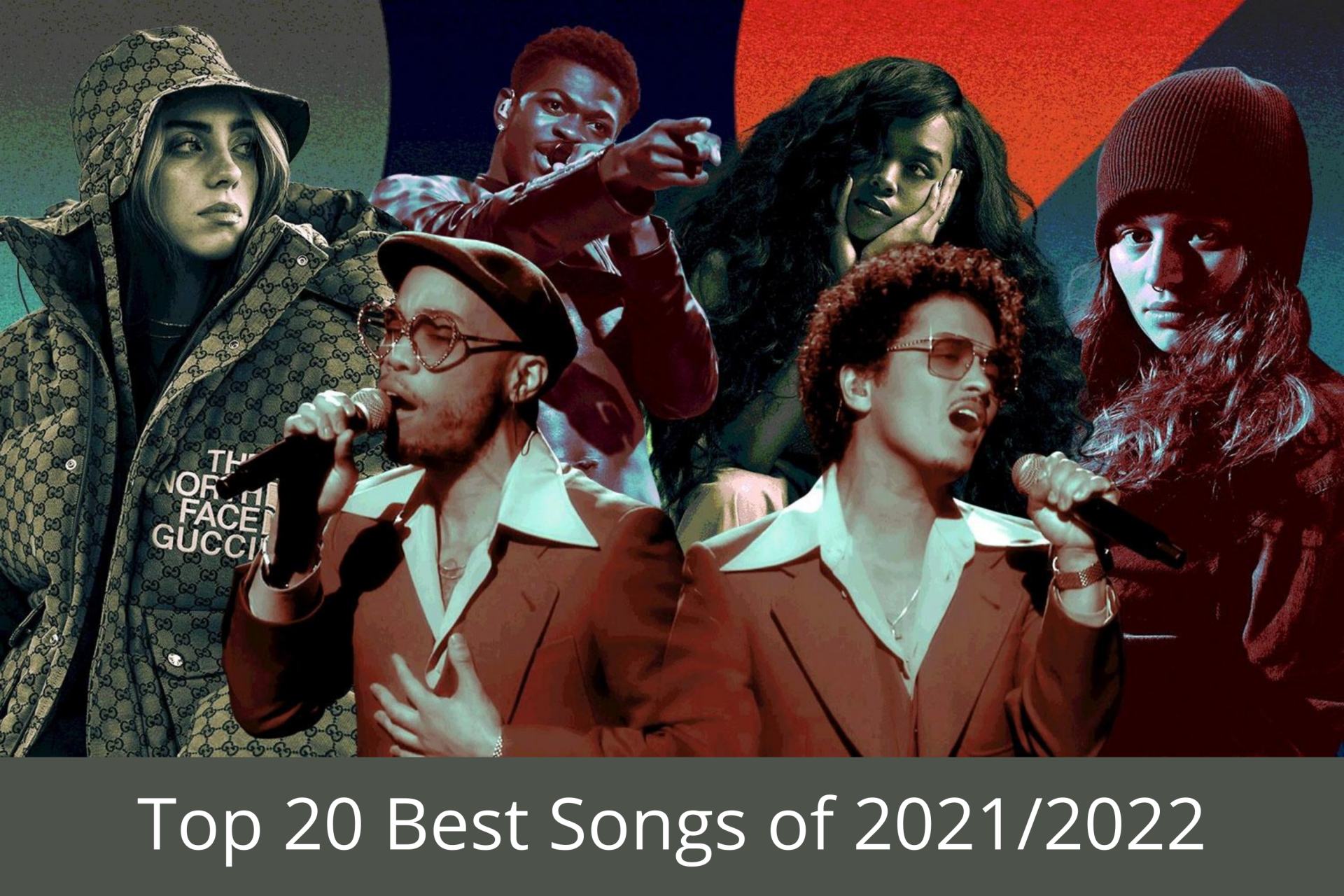 Top 20 Best & Greatest Songs in the World 2021/2022 Top 20 Best & Greatest Songs in the World 2021/2022 The top hits of 2021/2022 feature Silk Sonic, Olivia Rodrigo, Taylor Swift, Japanese Breakfast, Billie Ellish, Adele, and more. |





